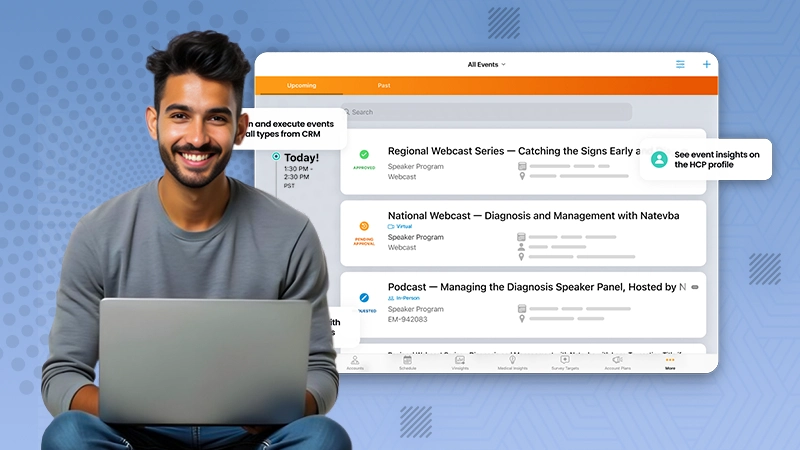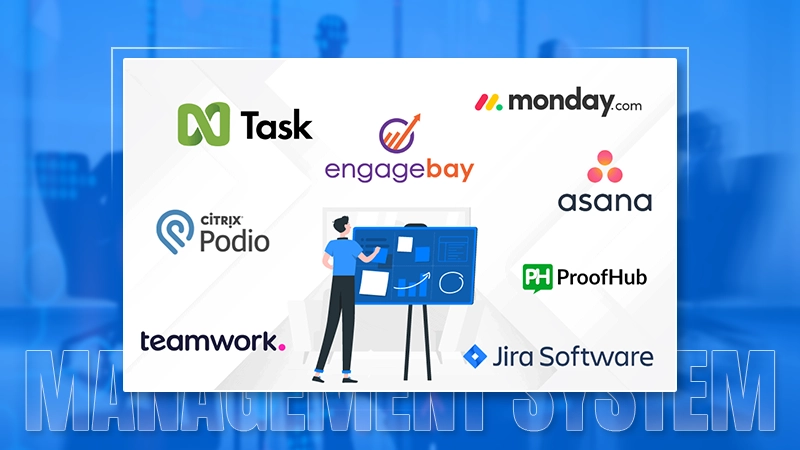Have you ever wondered why sometimes we find it so difficult to plan and organize our day?
Why do we struggle with doing everything on time? The rhythm of modern life requires maximum productivity in all affairs and sometimes it’s just hard to keep up with the real world.
Anyone should develop a habit of managing his or her most valuable resource, time. Obviously, it is impossible to achieve any goals, if most of the time is spent on idleness, procrastination, and uncertainty. Surely you know the feeling of guilt and regret when you do not have time to do everything you want to do, and your plans remain only on paper.
These suggestions are taken from publications by well-known time management trainers and specialists. De facto, they show you how to organize your day effectively, make time for both work and rest, accomplish larger goals, and avoid wasting too much energy on planning and self-organization.
Figure Out Where the Time Goes.
Make an analysis: jot down everything you did throughout the last two days, including the approximate amount of time you spent on each task. You’ll be shocked to learn that you can waste up to 5-7 hours every day on things that are obviously pointless, insignificant, and needless, as well as “packing,” getting ready for activities, and pointless procrastinating.
Learn the Basic Principles of Time Management
The science of time management as a whole is challenging to fully comprehend. However, it is valuable to become familiar with its foundational concepts, ideals, methods, and technology. Read articles on related topics and skim books by Gleb Arkhangelsky or Stephen Covey. Your brain will choose what is most crucial, therefore there is no need to memorize anything.
Do Some Personal Planning
Don’t just copy templates; instead, use them as a starting point and customize them to fit your needs. How do you set up your day with a unique plan? Investigate and observe. Therefore, the “Tomato” method allows for the creation of shorter or longer time intervals, whereas the “1-3-5” method allows for the development of a “1-3-3” scheme.
Learn How to Prioritize
Clearly set priorities and focus on what is most essential to you right now in order to attain your goals (short and long term). Fighting procrastination and ruthlessly discarding non-urgent and trivial chores. Your timetable shouldn’t include any unpleasant or pointless activities.
Get Yourself a Little Helper
There is plenty of time management apps out there that will help you to plan and organize your day. Productivity is a skill, not a talent. In order to improve our skills, sometimes we need the right tools. For example, there is an amazing personal daily planner which can really ease up your life.
Follow the Plan You Have Made
Stay on course with your plan. Reduce the number of cases and extend the duration of jobs if it is too heavy. It’s crucial to finish everything on your to-do list while also allotting enough time for rest. Make preparation required, even if it’s unpleasant and seemingly ineffectual if you have major discipline issues.
Start the Day with the Most Difficult and Unpleasant Things
The golden rule states that the most important, challenging, dull, and unpleasant jobs should be completed first, and only then should the more enjoyable and less significant tasks be completed. Keep in mind that, on average, we complete 80% of our daily duties in 20% of our time. Your productivity will decline the longer you put things off and the less vital tasks you decide to complete first thing in the morning.
Learn to Say “No
If you just learn how to say “no,” a lot of irrelevant activities will disappear from your schedule. This does not imply that you should cease offering assistance; rather, it implies that you shouldn’t let others put pressure on you to do things that you do not desire, cannot complete in a reasonable amount of time, or do not deem vital.
Rest and Have Fun
You’ll quickly burn out, lose motivation, and develop chronic fatigue syndrome without rest. To prevent this, find time to have fun, even with the busiest schedule. Be sure to organize a pleasant weekend and a full vacation. In this case, take a day off every time you feel the real need.
Conclusion
How do you learn to plan your time and manage everything? First of all, analyze and prioritize your tasks. You will realize how much time is spent on completely unnecessary and useless things. Sort out the tasks, and clear them from the trash. Learn how to plan and set goals, and cultivate inner discipline. Be sure to use special applications and programs that will help you organize your day and plan your time properly.







